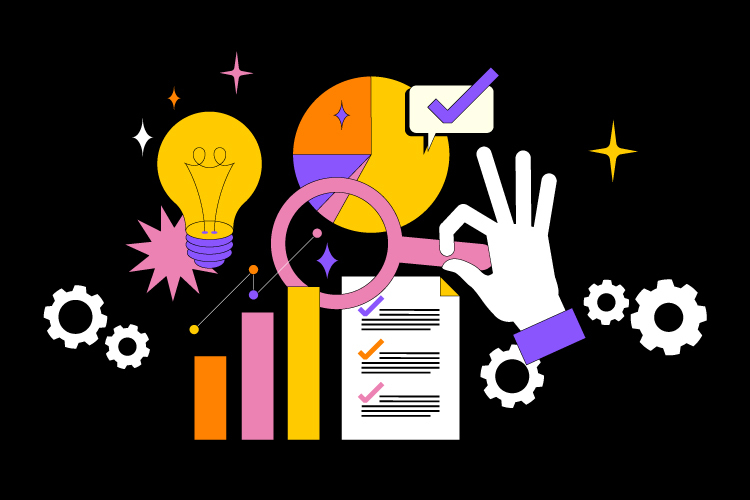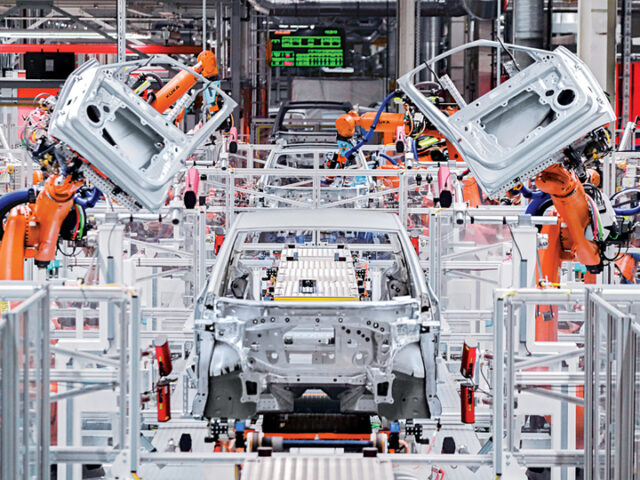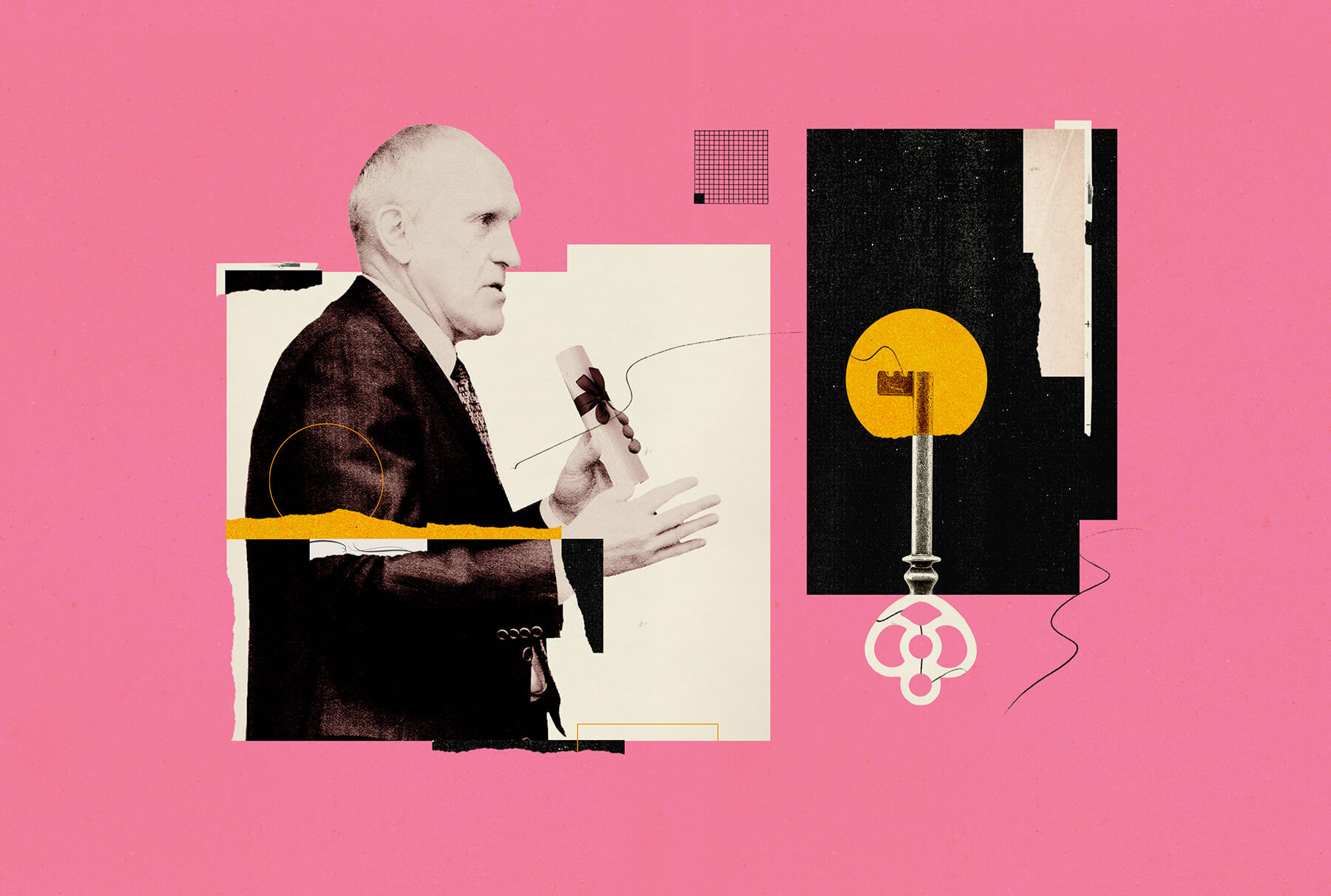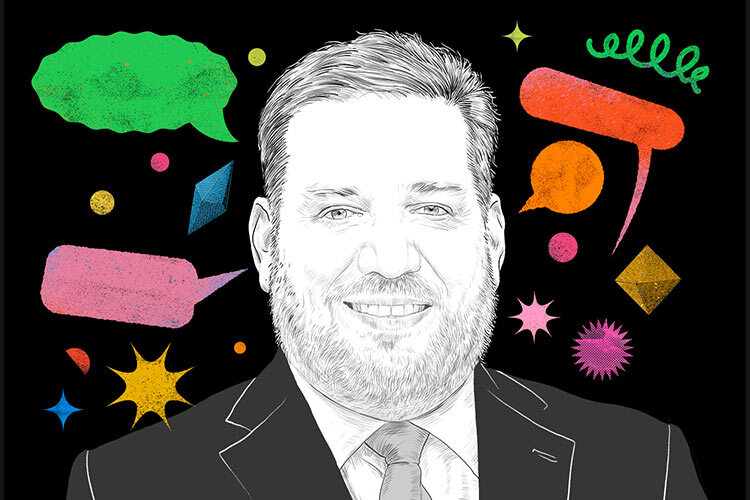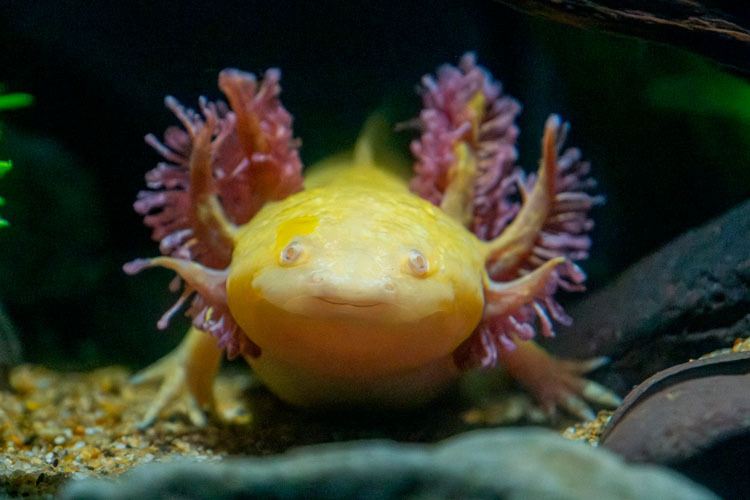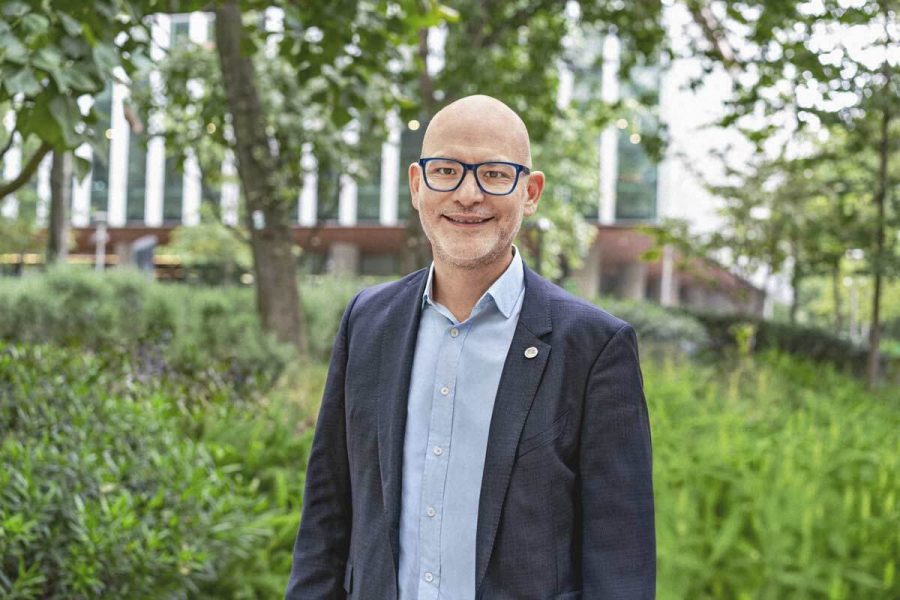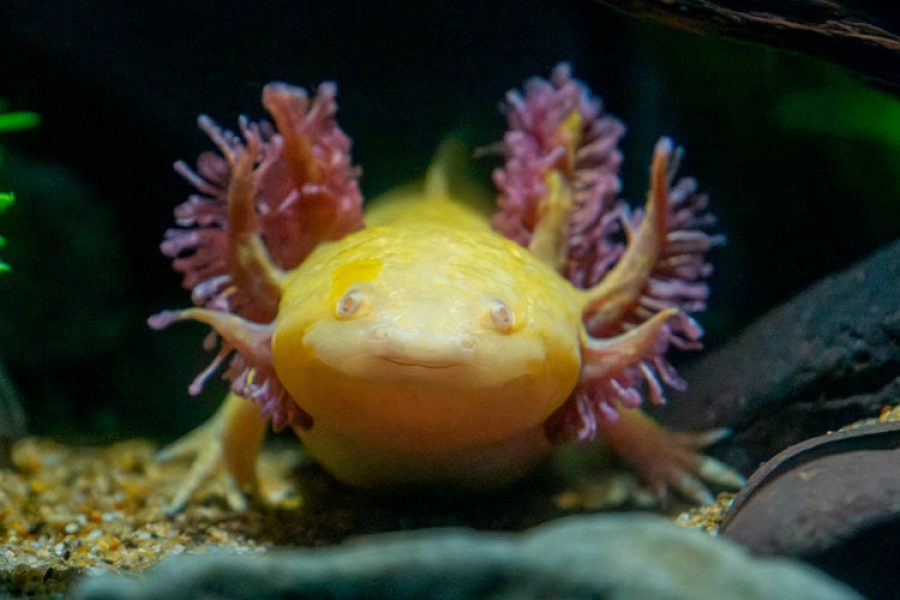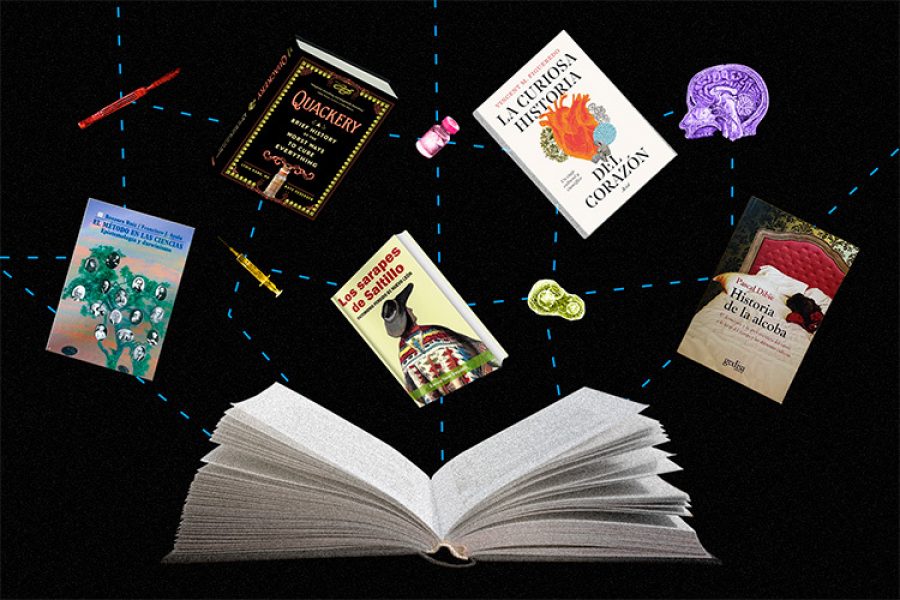Researchers at the Institute for the Future of Education (IFE) are developing platforms to forecast the skills that will be essential in Industry 4.0. At the same time, they are working to cultivate computational thinking among students and collaborating to reduce the gender gap in science and technology.
These are just a few of the projects featured in The IFE Impact Report, which showcases Tecnológico de Monterrey’s progress in creating solutions to global challenges in higher education and lifelong learning.
Michael Fung, Executive Director of the IFE, describes the report as the result of efforts by the institution’s researchers, partners, and global collaborators to impact millions of people by innovating in education. “Through evidence-based approaches, we’ve established relevant frameworks and practices to tackle the key challenges and opportunities facing education, including Artificial Intelligence, digital learning, microcredentials, and future skills forecasting.”
The report presents over 50 initiatives in research, entrepreneurship, consulting, and outreach that the institute carried out between March 2024 and February 2025.

Shaping Skills: Identifying the Competencies for Tomorrow’s Industries
Shaping Skills is a project led by the Research Lab, one of IFE’s core research units. It’s built on a platform that uses artificial intelligence technologies and algorithms—such as natural language processing (NLP) and large language models (LLMs)—to identify the future skills needed across various sectors.
The process begins by gathering large volumes of job postings and résumés. After cleaning the data, the documents are converted into plain text so that algorithms can analyze them and detect key concepts like knowledge areas and skills. These are then compared to a taxonomy developed by the research team, based on the KSA model (Knowledge, Skills, and Abilities).
As an open-access tool, the platform allows users to consult and visualize reports such as rankings of the most in-demand skills, trend detection, and sector-based analyses. It can also generate customized studies for universities, companies, and governments.
Under the leadership of researcher Patricia Caratozzolo, the team analyzed more than 230,000 job postings in Mexico and in the United States—specifically in the San Francisco and Silicon Valley regions—focusing on the automotive and information and communication technologies sectors. With additional financial support, the tool could expand to include insights into the healthcare and manufacturing sectors.
“Using artificial intelligence and machine learning tools and techniques, we’ve been able to identify the knowledge, skills, and competencies professionals need to develop for each economic sector,” she explains. “It provides universities with foresight into which future skills to prepare for and gives industry a window into its future workforce.”
With support from another IFE unit, the Living Lab & Data Hub—led by Héctor Ceballos—the team runs automated searches every two weeks across eight job databases, including LinkedIn, OCC, and Indeed, to generate diagnostics and projections.
E4C&CT: Scaling Computational Thinking
E4C&CT is an educational model designed to foster the development of computational skills as well as complex thinking—scientific, critical, innovative, and systemic—that helps new generations grasp the implications and limitations of Artificial Intelligence.
IFE researcher Rasikh Tariq explains that computational thinking consists of four key subskills:
- Abstraction, which allows individuals to focus only on essential information while ignoring irrelevant details
- Decomposition, which involves breaking down complex problems into smaller, more manageable parts
- Pattern recognition, to identify similarities and recurring structures that can aid in understanding and solving challenges
- Algorithm design, to develop step-by-step solutions and define the rules needed to reach a desired outcome
Tariq emphasizes that computational thinking isn’t limited to engineering or the hard sciences—it’s also crucial in disciplines like the humanities. “We want to promote computational competencies among students and lifelong learners so they can put on those ‘glasses’ that help them better see and understand the world of artificial intelligence. The goal is to build the skills people need to interact critically and consciously with this technology.”
E4C&CT operates through a pedagogical framework and an open-access, free digital platform. It includes an initial assessment of the user’s level of computational thinking and nine challenge-based courses aligned with the United Nations’ Sustainable Development Goals (SDGs). The platform also offers accessibility features, such as accommodations for people with dyslexia.
After completing each progressive course—ranging from 10 to 16 hours in duration—users receive a digital microcredential certifying their mastery of that particular challenge. The program also features an AI-powered virtual tutor.
The project, which won the Tecnos Nuevo León 4.0 Award in 2024, has been implemented in more than 37 institutions across at least 12 countries, with nearly 3,000 registered participants—more than 45% of whom are women.
MakerWomenSTEM: Advancing Women in Science and Technology
MakerWomenSTEM is a project created in response to the underrepresentation of women in STEM—science, technology, engineering, and mathematics.
Edgar López, who leads the initiative, explains that one of its main goals is to train women through maker pedagogy so they can become mentors and pass on their knowledge to other women in their communities.
This educational methodology is based on the principle of learning by doing. It promotes hands-on, knowledge-building experiences where participants create practical solutions to real-life challenges in their communities by applying theoretical concepts and working with various materials and technologies—including sensors and 3D printers.
“When you combine the educational theory we want to foster in you with something personal, community-based, or social, the learning impact becomes truly meaningful,” says the IFE researcher. “I teach you how to create, how to master digital tools, I help you build competencies—and I turn you into a matchstick: once I’ve sparked your interest, you go on to ignite the same flame in others.”
The project received funding through the European Union’s Erasmus+ Capacity Building in Higher Education program and brings together nine participating institutions, including universities and government agencies from Finland, Germany, Mexico, Spain, Colombia, and Ecuador. Its first phase aims to benefit 500 women across Latin America.
López notes that the team is currently working on the instructional design for a workshop, defining elements such as content, materials, duration, format, and evaluation criteria. They are also validating microcredentials for participants who complete the program and preparing pilot implementations set to launch in late 2025 to test the model.
“I hope that in two years we’ll be talking about at least 1,500 women who’ve experienced our pedagogy,” he says. “We’d like this to become an open educational model and a shared resource—so effective that it reaches far beyond our current partners.”
Did you find this story interesting? Would you like to publish it? Contact our content editor to learn more at marianaleonm@tec.mx
